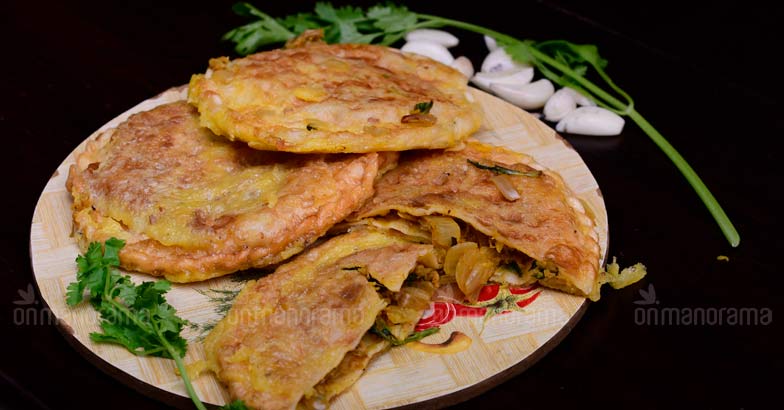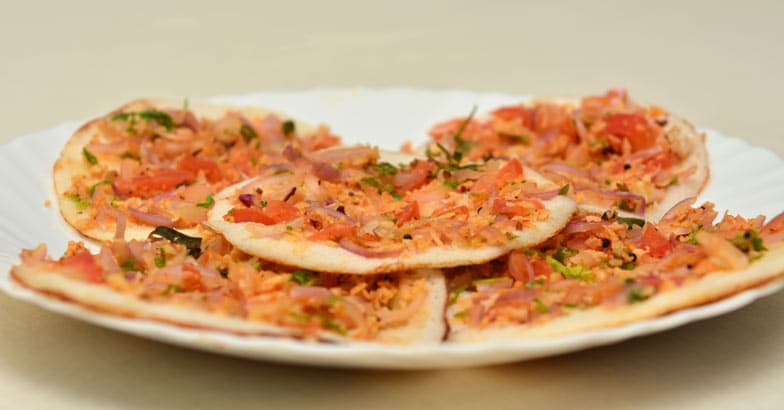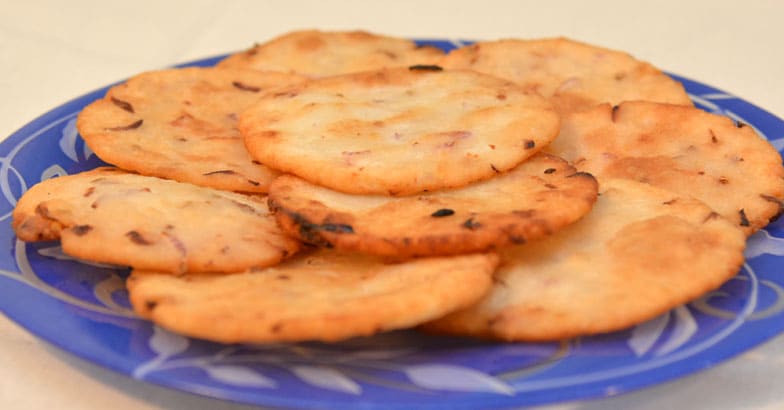How to roll out pathiri for the next 'thakkaram'

Mail This Article
The Malabari food is as rich and varied and as the eternal legends and fables of mystic Arabia, which had links with the Kerala region since the ancient times. The Malabar cuisine, like its rich culture, is a confluence of Arabian, Persian, Syrian and Portuguese tastes that blend with the native flavours of Mappila, Tulunadu, Madrassi and Valluvanad.
What works for the Malabari kitchen is its never-seen-elsewhere hospitality. Malabaris have a fetish for food and they just love to lavish their love on guests with their myriad dishes which again are well-turned out culinary experiments.
History is an integral part of Malabar’s food. Unlike today’s easily accessible digital-world recipes, Malabari specials come from centuries-old hand-me-down recipes. Whether it’s baking, frying, grilling or boiling, Malabar has its own style. And this includes its penchant for both sugar and spice.
The Malabari kitchens are spread over a vast region, right from Valluvanad, Eranad and Kadathanad to Tulu Nadu, which has witnessed cultural intermingling over several centuries. But each place has its distinct flavour, with even a single grain of Jeerakashasala and Gandhakasala rice from Wayanad varying in taste from the Valluvanadan rice variety.
Every occasion is a reason for the Malabaris to come out with their quintessential thakkaram, which means welcome feast or salkaram offered to guests by treating them to the best food.
The list of occasions are endless from welcoming the puthiya mappila, or puyappiala (new bridegroom) to births, mudi kalayal ceremony, nikahs, Gulf-goings, Gulf-returns and what not.

A discovery of Malabari food is as good as a journey back in time to a people, their lives and their kitchens. The stories about the tasty Malabari food are legion. One such typical and traditional item is the famous pathiri.
The pathiri
Malabar is synonymous for pathiri and pathiri represents Malabar. Such is its equation with the fabled land. Made of rice flour mixed with water, it’s a culinary delicacy, fine and delicate like a wafer, with a whiff of jeerakam (cumin) thrown in. Such is it culinary finesse that it is also fine on the tummy -- no bloating or belching. It’s filling and makes for a wholesome meal too.
A drive along Malabar would throw up diverse pathiri flavours and tastes. From fried pathiri, to roasted pathiri to ghee pathiri, meat pathiri, chatty pathiri, petty pathiri, athishaya pathiri, adukku pathiri, meen pathiri and to kinna pathiri, it’s an endless list of pathiris.

There’s an oft-told tale of a traveller from Travancore who had the shock of his life trying to order a modest breakfast in Malabar. The visitor, familiar to Travancore’s staple puttu-kadala-pazham menu, stepped into a restaurant and asked what was available for breakfast. He was told the joint served chai and pathal. Was the Malabari kidding? Pathal in Travancore means a strong stick with which one’s given a sound whack. Could he have heard right? So he safely asked for a glass of tea. But his friend merrily ordered chai and pathal, the bigger version of pathiri.
Behold! In a few minutes his order came. Hot and steaming pathiri wrapped in plantain leaves accompanied by coconut milk and sugar.
How pathal is made
Soaked raw rice is ground well and made into a dough. Small balls of dough are then rolled out on plantain leaves and cooked on both sides on a flat bronze tawa. Pathal is slightly bigger than pathiri. It’s also known by the less glamorous name - orotti.
How to make 'kannu vecha pathiri'?

The kannu vecha pathiri is a slightly thicker version of the comely pathiri. This pathiri is a putiyappila special.
Mix half a cup of maida with half a spoon of ghee, a pinch of salt and water to make a soft dough. Make small balls and roll them out.
This pathiri involves overlapping one side with the other. One side is folded again and the next too till it looks like a square envelope. The pathiri is then pressed gently with the fingers in the shape of eyes and rolled out a bit and deep fried.

